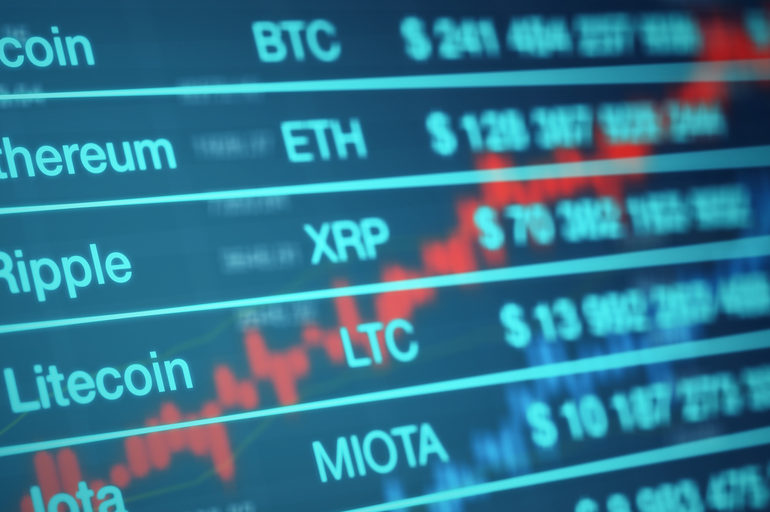
Fiat Money and the Promise of Cryptocurrency
by John O. McGinnis
Last weekend, I spoke at the Federalist Society Student Convention on the subject of cryptocurrency. When I became a member of the small band that was the Federalist Society in 1982, it would have been impossible to imagine discussing the subject of cryptocurrency as part of its proceedings, let alone before such a large and enthusiastic crowd. But ultimately the Society and the Constitution that it celebrates are concerned with relationship of liberty and the state. And, as I have described in more detail in an article with Kyle Roche, there is no issue of modern technology more appropriate for those devoted to liberty to consider, because cryptocurrency is on the cutting edge of the divide between a centralized coercive legal order and a decentralized voluntary one. And that divide comes in the most important matter of money.
Modern fiat currency, like the dollars in our pockets and bank accounts, is quintessentially a creature of the state. In 1924, Georg Friedrich Knapp, the father of modern monetary theory, wrote that “[t]he soul of currency is not in the material of the pieces, but in the legal ordinances which regulate their use.” Knapp argued that currency must be constituted by law since only governments can confer the requisite legitimacy to gain acceptance. Thus, the underlying value of a currency is intrinsically tied to the public’s trust in that legal system.
Yet some citizens rightly have little trust in their legal system, particularly when it comes to currency. Nation-states can manipulate their currency, printing more money to fund projects for their favored supporters. Savings then lose value as prices are driven up by inflation. Citizens become less certain of money as a store of value and economic growth suffers. Government control over money can thus be a form of oppression. Because of its hyperinflation Venezuela today is but the most extreme example of a monetarily oppressive regime.
The recent advent of cryptocurrencies, Bitcoin chief among them, poses both a practical challenge to such monetarily-oppressive regimes and a theoretical challenge to the view that a public law of currency is the necessary foundation of money. Thus, although the creation of Bitcoin and other cryptocurrencies is impressive as a technological innovation, Bitcoin’s central innovation is in trust—the essential characteristic of any currency that will have long term success. Bitcoin does not require faith in any public institution—such as the Federal Reserve, a monarch, or any other central authority—but rather trust in computer logic and the effectiveness of a decentralized order that maintains it. Thus, Bitcoin is nothing less than a fundamental assault on the idea that a public law of currency is a necessary prerequisite of modern monetary order.
In fact, Bitcoin has the potential to outperform the currencies produced by legal regimes as a store of value precisely because it requires no trust in the political process, but rather trust in a transparent set of rules and transactions. The basic problem for public or fiat currencies is that a legal system cannot generally make the precommitments necessary to completely isolate the governance of its money supply from all political pressure. Bluntly, no one can insulate public law of currency from the hurly-burly of politics.
To be sure, the U.S. Dollar is the world’s most trusted currency. Despite its many critics, the dollar has formed the basis for ninety percent of international trade over the past thirty years because companies, consumers, and central banks around the world trust in the relative stability of the Federal Reserve and U.S. Government. Yet the dollar has been subject to periods of severe and unexpected inflation. Since the creation of Federal Reserve, the value of the dollar has fallen by more than 90 percent.
And that is not a surprise. Since the progressive era, the Federal Reserve has had other political objectives than maintaining the value of the currency, such as getting to full employment. But individuals have only one desire for the currency—that it maintain its value. The basic divergence between the social objectives of fiat money and the individual’s objective for an ideal currency is what necessarily limits the trust that any fiat currency can enjoy.
If Bitcoin succeeds as currency, it will do so by climbing rungs left open by public law’s frailties. It has gained strength by competing successfully against monetarily-oppressive regimes and performing payment functions for the poor that bank regulations have made difficult. But it has the potential to be more competitive and climb other open rungs, because even the best currencies are subject to political risks built into the law of currency. I say potential, because certain conditions need to apply, which I will discuss in my next post.